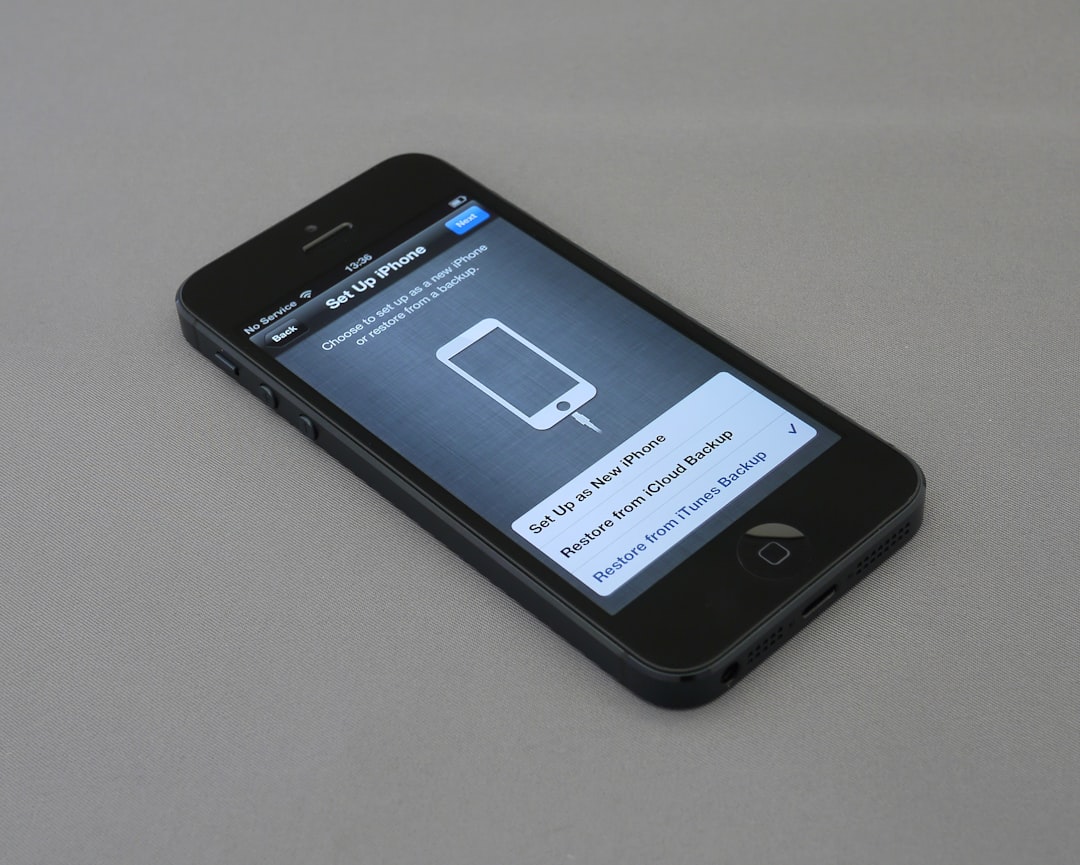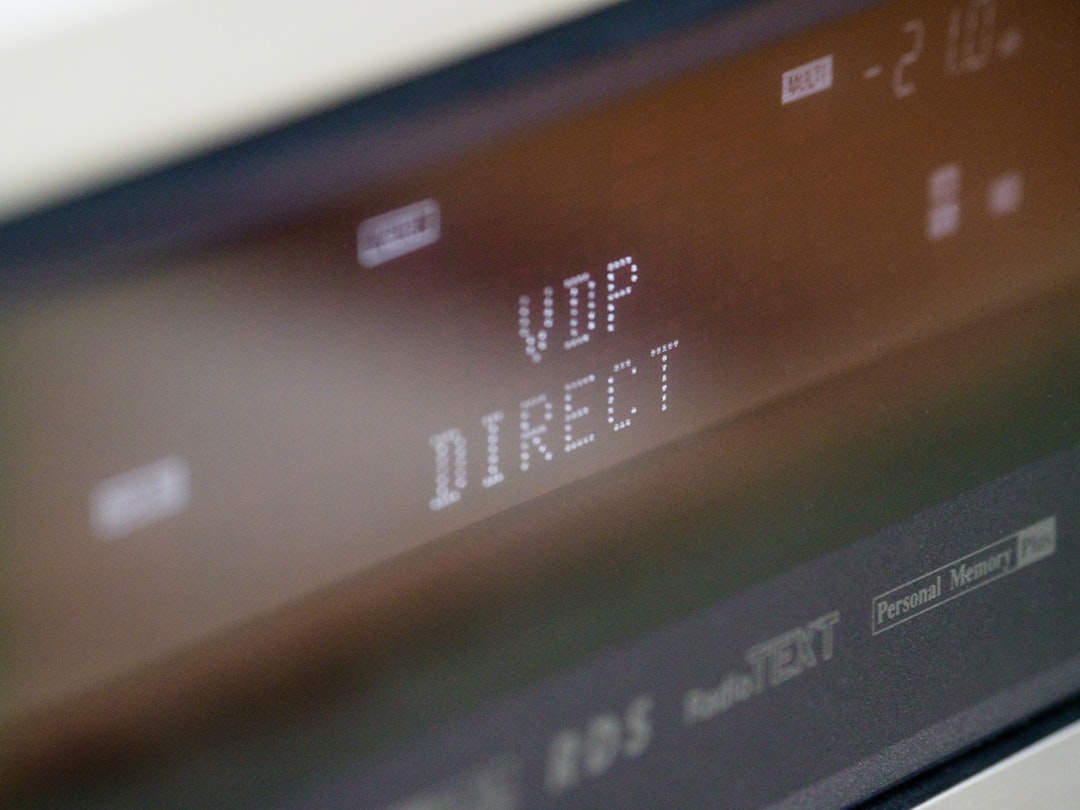Virtual Private Networks (VPNs) have gained immense popularity among internet users in recent years for their ability to ensure privacy, online security, and unrestricted access. But one question that arises for many people is: does paying for a VPN service really offer worthwhile benefits? In other words, does VPN pay off in terms of what you invest monetarily versus what you get in return?
Understanding VPNs: Free vs. Paid Services
VPNs encrypt internet traffic and reroute it through remote servers, effectively masking the user’s IP address and location. While there are many free VPN options available, they often come with significant limitations.
- Bandwidth Restrictions: Free versions usually limit data usage, which can be problematic for streaming or downloading.
- Slower Speeds: Limited server choices and high traffic often result in reduced internet speed.
- Security Risks: Some free services subsidize their costs by selling user data, putting privacy at risk.
On the other hand, paid VPNs offer premium features that can greatly enhance the user experience, such as:
- Unlimited bandwidth
- High-speed servers in numerous locations
- Advanced encryption protocols
- No-logs policies
- 24/7 customer support
So while free VPNs can offer basic privacy, paid services are often necessary for users looking for full protection and functionality.

Cost-Effectiveness of Paid VPN Services
Most premium VPN providers charge between $2 to $15 per month, depending on the subscription duration and features included. Compared to the potential risks of data breaches, identity theft, and geo-restriction frustrations, many users find this a modest investment.
Moreover, VPNs can save money in indirect ways. For instance:
- Access to region-specific deals: Users can book cheaper flights or access localized discounts by switching server locations.
- Avoiding bandwidth throttling: Some ISPs slow down streaming content; a VPN can mask the traffic to ensure smooth playback.
- Protecting sensitive financial data: Especially important for remote workers and frequent travelers.
Given these advantages, the subscription fee for a paid VPN can potentially pay off many times over in saved money and enhanced online security.
Who Benefits Most from Paid VPNs?
While anyone aiming for privacy could benefit, certain user groups find more value in paid services:
- Remote Workers: Secure communication channels and safe access to company servers.
- Travelers: Safe use of public Wi-Fi and access to home content abroad.
- Streamers and Gamers: Better speeds, low latency servers, and region unlocking.
- Journalists and Activists: Extra encryption layers and anonymity for sensitive work.

Is It Worth It? The Verdict
In most cases, paying for a VPN does provide value—both in terms of service quality and peace of mind. While the free options might look appealing at first glance, the limitations they impose often make them unsuitable for prolonged or serious use. Whether it’s for protecting one’s privacy, bypassing geo-restrictions, or simply enjoying a faster, more reliable internet connection, a paid VPN generally pays off.
FAQ
-
Q: Can I use a free VPN for streaming?
A: You can try, but most free VPNs don’t have the speed or access privileges needed for reliable streaming, especially on platforms like Netflix or Hulu. -
Q: Will a VPN slow down my internet?
A: All VPNs may slightly reduce speed, but paid VPNs usually have optimized servers that minimize this impact. -
Q: Is it safe to use public Wi-Fi with a VPN?
A: Yes. A VPN encrypts your connection, making it safe even on unsecured public networks. -
Q: Are there lifetime VPN deals available?
A: Some providers offer lifetime plans, but users should cautiously evaluate the credibility and long-term viability of such deals. -
Q: How can I choose the best VPN for me?
A: Consider factors like server locations, speed, device compatibility, customer reviews, and whether they keep usage logs.
